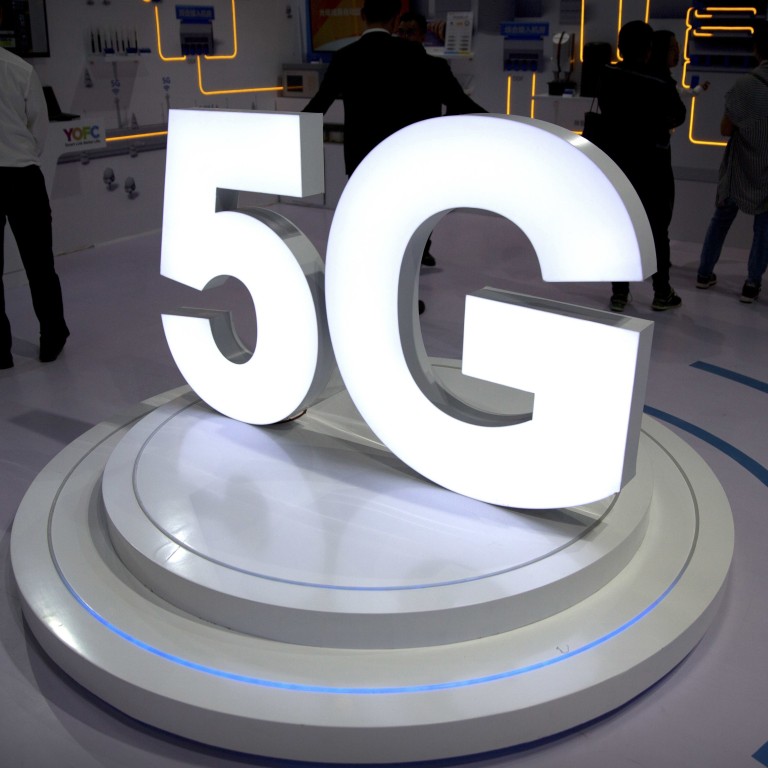
Malaysia U-turns on 5G permits for local companies after backlash over lack of tender
- In mid-May, the government quietly and without fanfare awarded the usage of 5G airwaves to five local players, bypassing a previously promised tender
- Before Wednesday’s about-face, Malaysia’s Axiata had said it would select two equipment providers, breaking China’s Huawei’s hold on the industry
The government in mid-May had quietly and without public fanfare awarded the usage of 5G spectrum in the 700MHz, 900 MHz, and 2,600 MHz frequencies to five companies including Altel Communications, which is owned by politically connected tycoon Syed Moktar Al-Bukhary. Authorities had previously said the 700 MHz, 3,600MHz, and 2600/2800MHz frequencies would be used for 5G purposes.
Malaysia ruling party in disarray as Mahathir says Muhyiddin faces sack
The move bypassed previously promised tender processes and earned the ire of opposition politicians from the Pakatan Harapan coalition when reports about it emerged earlier this week.
The initial order dated May 15 was signed by the Communications Minister Saifuddin Abdullah, with a soft copy uploaded on the website of the Malaysian Communications and Multimedia Commission (MCMC). It was not publicised.

The 5G roll-out – part of the nation’s National Fiberisation and Connectivity Plan – was put in place by Pakatan Harapan while it was in government from May 2018 to February this year. Perikatan Nasional, the new ruling coalition that came to power following March’s coup, had promised to continue the project.
Forget Britain’s Huawei fumble, China’s helping Malaysia find its 5G spot
Under the previous government, Malaysia said it would forgo revenue from spectrum auctions and instead allocate airwaves to a consortium of carriers that would be chosen via a tender process that it described as “innovative and forward-looking”.
In January, MCMC Chairman Al-Ishsal Ishak said this would help create an environment of “coexistence and interoperability” among operators – an approach lauded by technology experts for avoiding unnecessary duplication of resources amid a saturated market and declining margins.
The decision to diversify vendors comes from the new emphasis on the importance of diverse supply chains, said Ramakrishna Maruvada of Daiwa Capital Markets.
“As such a move once again raises potential interoperability issues, the key is to watch for how operators’ divide the whole pie – whether it is based on geographic or functional [core and radio] segmentation,” he said.

The Malaysian Institute of Economic Research earlier estimated that in the short term, 5G would help create about 39,000 new jobs and benefit the economy to the tune of 12.7 billion ringgit (US$2.98 billion) from 2021-25.
In a statement, former communications minister Gobind Singh Deo said that the new government’s initial decision to award the spectrum to the five licensees directly was “a matter of great concern”.
He described an open tender process as “significant” as it would have “identified the licensees with the best business plans and with the best track records for implementation”.
Apart from Altel, the four others awarded spectrum in Saifuddin’s May 15 order were mobile line operators Maxis, Digi, Celcom and Telekom Malaysia – which mainly operates fixed lines.

